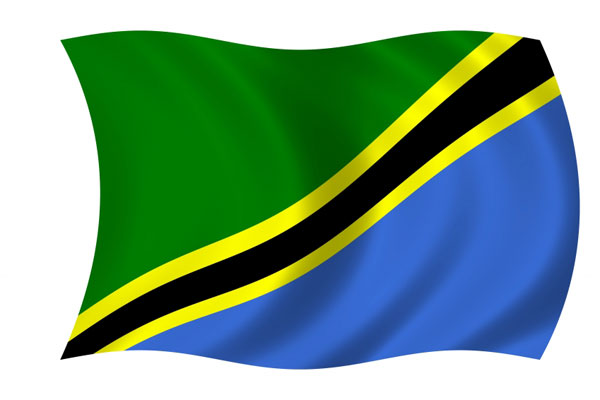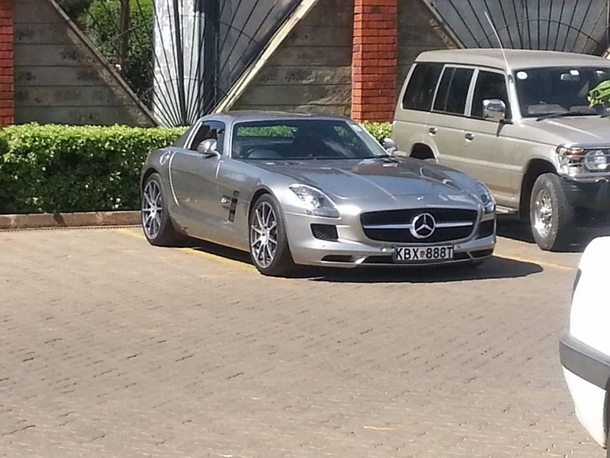Since the establishment of the National Transport and Safety Authority, we have designed a number of strategies to curb the increasing number of fatal road crashes. One of the key strategies is the testing of drivers suspected to be driving under the influence of alcohol.
When driving, one requires total concentration, proper coordination, hasty reflexes that enable a motorist to make correct decisions. The consumption of alcohol diminishes all that and inhibits all vital skills required to drive safely.
BREATHALYSER RULES
Although driving under the influence of alcohol is prohibited, the NTSA’s anti-drink driving operations were challenged in court on the basis that the Breathalyser Rules 2011 were void and inconsistent with Article 95 (5) of the Constitution, that the definition of driving under the influence and drink driving under the rules was invalid, void and violated Article 27, 50 and 94 (5) of the constitution, among others arguments.
The case was heard and determined, but the ruling has been misinterpreted over time. Simply put, the ruling did not prevent the authority from conducting anti-drink driving operations or make illegal the use of the breathalyser gadget contrary to reports.
The authority uses the gadgets to detect if a motorist has consumed any alcohol.
CHARGE OFFENDER
This forms part of the evidence presented in court when charging the offender. The authority abides by the law and clarifies that, it does not violate any laws in using the gadgets or in having drunk drivers charged with the offence.
The ruling has not in any way affected the validity of drink driving operations, and, therefore, the NTSA continues to conduct its such swoops country-wide. In its ruling, the court advised that drink driving cases be prosecuted under Section 44 (1) of the Traffic Act as opposed to the rules.
TRAFFIC ACT
This section provides that any person who when driving, attempting to drive or when in-charge of a motor vehicle on a road or in any other public place, is under the influence of drink or a drug to such an extent that one is incapable of having proper control, one shall be guilty of an offence.
Since the court ruling in April, the NTSA has conducted a number of operations across the country, leading to the arrest of more than 1,000 drunk drivers. The cases were presented before different courts and the offenders fined between Sh20,000 and Sh100, 000.
These anti-drunk driving campaigns and operations have played a significant role in reducing deaths on our roads.
DETER
They deter drunk drivers from going behind the wheel and endangering themselves and other road users. Worth noting is the change in behaviour among revellers, who opt to take taxis or identify a designated driver.
Recently, the authority has with the support of donors, acquired modern breathalysers in an effort to boost its capacity. The gadget will enable the authority to capture more information about the driver.
PROFILE
This data will help the authority and any other interested institutions to profile drivers based on their behaviour and driving history. We envisage that with the rollout of the Smart Driving Licence and the introduction of the demerit points system, good drivers will be rewarded and the rogue ones appropriately punished.
Current statistics indicate that more than 1,700 people have so far been killed on our roads since the beginning of this year. Most of these fatalities could have been avoided if basic traffic rules were observed.
RESPONSIBILITY
Some 92 per cent of these crashes are as a result of human-related factors. The crashes have been attributed to speeding, reckless driving, dangerous overtaking, and drink driving, among other causes.
The NTSA has intensified public sensitisation on safer road usage, but we acknowledge that more needs to be done. However, attaining the required sanity of the roads demands a more collaborative approach.
It will also require all road users to play their part as road safety is, indeed, a shared responsibility.
Mr Meja is the director-general, [email protected]





![[PHOTOS] Top 20 Used Cars to Avoid Buying in Kenya](../../../blog/wp-content/uploads/2013/11/top-used-unreliable-cars-to-avoid2-80x60.jpg)


![[PHOTOS] Top 20 Used Cars to Avoid Buying in Kenya](../../../blog/wp-content/uploads/2013/11/top-used-unreliable-cars-to-avoid2-100x70.jpg)



